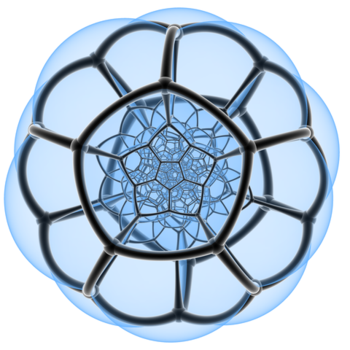First of all, let's recall the quotient rule.
Let f,g:]a,b[ to mathbb(R) be two functions and let f and g be differentiable in ]a,b[. Then forall x in ]a,b[ such that g(x) ne 0 we get
[f(x)/g(x)]^'= [f^'(x)g(x)-f(x)g^'(x)]/[g(x)]^2
In this case we have
f(x)=3x-2
g(x)=2x-5
In order to get the derivative of their quotient, we need to compute their derivatives:
f^'(x)=3
g^'(x)=2
So, we substitute f(x),g(x),f'(x),g'(x) in the quotient rule's formula and get
[(3x-2)/(2x-5)]^'=[3(2x-5)-(3x-2)2]/[2x-5]^2=(6x-15-6x+4)/(2x-5)^2=-11/(2x-5)^2
Proof of the quotient rule:
Let f,g be two functions that satisfy the hypotheses required buy the quotient rule - including that g(x) ne 0 forall x in ]a,b[ - and let h be a real valued function of real variable, such that
h(x):=f(x)/g(x)
Our aim is to compute h^'(x).
First of all we can rewrite the quotient in the following manner
f(x)=h(x)g(x)
By differentiating both sides (product rule on the right side) we get that
f^'(x)=h^'(x)g(x)+h(x)g^'(x)
We now isolate h^'(x) on the left side
h^'(x)=[f^'(x)-h(x)g^'(x)]/g(x)
and substitute h(x) using its definition
h^'(x)=[f^'(x)-[f(x)/g(x)]g^'(x)]/g(x)
We finally rewrite the last equation to get the rule's formula
h^'(x)=[f^'(x)-(f(x)g^'(x))/g(x)]/g(x)=[(f^'(x)g(x)-f(x)g^'(x))/g(x)]/g(x)=(f^'(x)g(x)-f(x)g^'(x))/[g(x)]^2
NOTE:
Unlike the product rule, you can't invert the roles of f and g (even if f is not null in ]a,b[) because the result would be different for every choice of f and g (real functions of real variable)!

